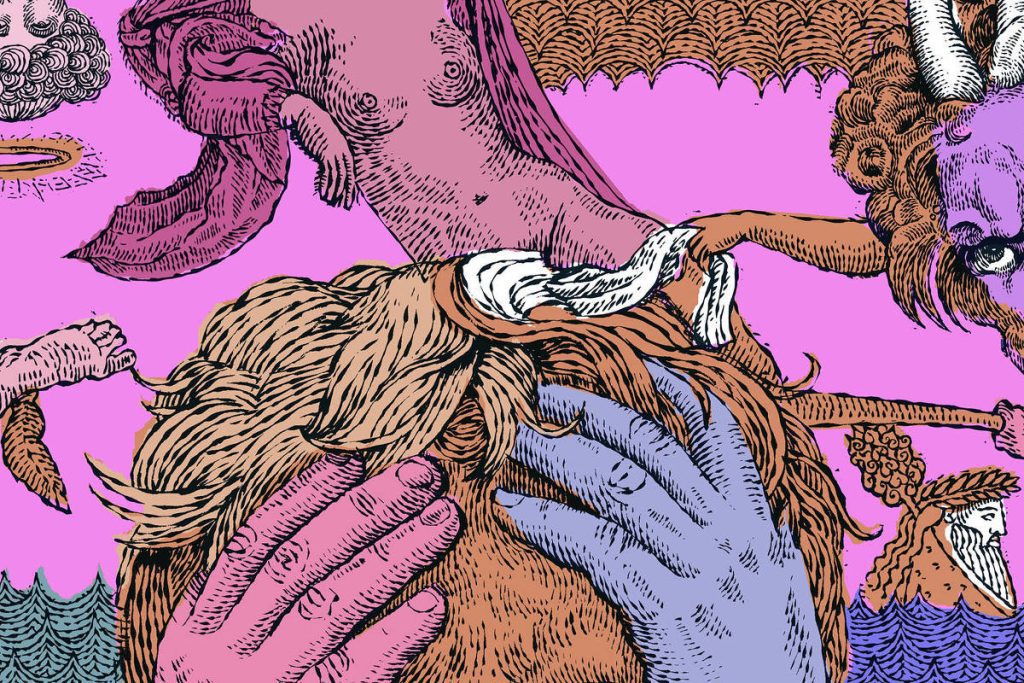Belief in reason with blind faith is a modern misconception in human history and prehistory. This superstition was definitively confirmed in the Enlightenment, the 18th century.
This realization – that blind belief in rationality is wrong – does not mean worshiping irrationality or denying the value of reason, it is merely a statement of reason itself.
As the philosopher said Blaise Pascal In the seventeenth century, “nothing is more typical of the mind than the recognition of its limits.”
For this very reason, what is outside the realm of reason – the irrational – is a problem aimed at rational thinking and not common sense nonsense.
None of the cheap feelings that permeate the bullshit of sympathy. Talking about the irrational is an activity of the mind, an attempt to identify the elements in human action that are influenced by agents alien to the autonomy of rational thought.
For this very reason, many philosophers, psychologists, and historians, including literature, investigate the irrational as a component of our moral history.
Life goes through illogical elements every day. anticipatory dreams – which is how people believe – intuition, strong physical sensations, persistent thoughts, political radicalismhatred, mad feelings – these are condemned by ideological hysteria – in short, there are many examples.
But if you want to understand how the irrational is put under a magnifying glass to see how it works – its influence, scope, structure and dynamics – I take as an example the studies of E.R. Dodds (1893-1979), an Irish historian of ancient Greece.
“The Greeks and the Irrational”, Beacon Press 2020 – without translation into Portuguese – is a masterful example of how to recognize irrationality in the behavior and culture of a people like the ancient Greeks, one of the greatest cultures that ever walked the earth. Of course, the historical source here is the period texts of many Greek authors of that time: playwrights, authors of epics, orators, philosophers, historians, “madmen”.
One of the first topics is to show what Dodds would call “psychological intervention.” condition Agamemnonthe king of the Greeks in the war against the Trojans, would serve as a model.
Using accounts of his struggle with the legendary warrior Achilles in the dispute over the last slave-lover, who was stolen by the first, the historian will point to several moments in which the king’s actions are cited as being caused by “I come,” a recurring Greek word, even one that offers various secondary meanings, always maintaining The basic meaning of the intervention of the supernatural – divine or demonic – on the human factor, depriving him of the autonomy of thought and the resulting actions.
Another factor investigated is the moral heritage of the ancestral family, a hallmark of many ancient cultures. The “miasma”, or contamination of the descendants of someone who has committed some mortal sin in the past – “hybris” or being unkind the worst of the ancient Greek universe – is another recurring example in ancient Greek literature. The victim of Miyasima will have his life, thoughts, emotions and actions contaminated with no possibility of salvation other than punishment.
Antigone, narrated by Sophocles (497-406) in a homonymous play, is a prime example. Her independence was overridden by the fact that she was the daughter of an incestuous uterus – her mother, Jocasta, her grandmother and father, OedipusHe was his half-brother for being the son of Jocasta. That is why she considers herself unworthy to continue living. He saw himself as a disgrace to the world.
The blessing of madness with prophetic gifts. Dreams with the dead that bring essential information to the living. Dogs in temples – even today in Greece the ruins of temples have “guard dogs” cared for by residents – who lick and heal human wounds.
Pervaded by belief in the supernatural, our psychological life moves in a narrow step between fear, anxiety and hope.
Reason is only a small part of it, but no less important. The irrational spirit inhabits us, sometimes like ecstasy, sometimes like a nightmare.
Current link: Did you like this text? A subscriber can unlock five free accesses to any link per day. Just click the blue F button below.

“Entrepreneur. Music enthusiast. Lifelong communicator. General coffee aficionado. Internet scholar.”

More Stories
Unemployment insurance, retirement and health plan: Brazilian woman tells what life is like as a domestic worker in Germany | Profession reporter
Increase your chances of success with 2,000 years of Chinese mentality concept
Who is Marc Abreu, the Brazilian doctor who treats diseases such as Alzheimer’s, Parkinson’s and cancer in the United States | amazing